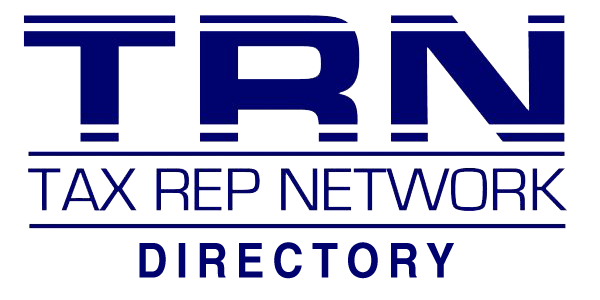So you are under audit by the IRS. Congratulations. Not really, but this does not have to be the hellish experience you fear. The critical things you need to do include:
- Prepare: pull together the documentation you have and go and obtain anything missing. If back-up needs to be reconstructed than get a competent professional who can help you. Remember: reconstructing is okay so long as there is some rationale and support for the recreation. It cannot be fantasy.
- Hire competent representation. You must have heard the old saying about attorneys: any attorney who represents himself has a fool for a client. This is also true in this arena. You want to hire a competent CPA, EA or attorney to handle the examination for you.
- Make sure that representative is properly prepared. Most taxpayers do not want to deal with the auditor, and that includes being interviewed. Trust me, you do not want to sit for the interview. The representative should handle this for you, but can only do so if they are prepared. Which brings us to the point of this article.
Having represented taxpayers before the IRS for almost 23 years there are a number of standard questions you will be asked (or your representative will eb asked). I have compiled these 35 questions below. I think it is critical you review these questions with him or her and make sure the questions can be answered clearly and succinctly.
So, with no further ado, the top 35 questions asked by an IRS Auditor:
- Is there anything you believe we should know before the audit begins?
- Have you been audited by another taxing authority? If yes, when and what was the outcome?
- Is all income properly reported on the tax return?
- What are your principal products?
- How long have you been in business?
- Who are your principal customers?
- Do you have any other source of income?
- How are sales handled?
- Do you own any virtual/crypto currency?
- Do you have any foreign assets?
- Do you have any ownership or signature authority on a foreign bank account?
- Do you use cash or accrual method?
- How are you recording your numbers?
- If accrual, do you have a list of accounts payable and receivable?
- How are prices set?
- What is your markup percentage? (Ask for markup % on each major product)
- How often is inventory taken, and by whom?
- Who keeps the books?
- How did you learn recordkeeping?
- What bank accounts do you have?
- Do you deposit everything? Who makes the deposits?
- How do you get cash to spend?
- How are personal withdrawals handled?
- Do you have a safe deposit box?
- How do you record expenses?
- How were the return figures arrived at?
- How are the expenses paid?
- Do you have cash on hand? If yes, how much and where is it located?
- Do you have nontaxable income such as pensions, loans, gifts, inheritances?
- Do you have investments such as stocks or real estate?
- Do you have any major Expenses such as loan repayments?
- Do you have any asset acquisitions? When? How?
- Have you had any professional schooling?
- What is your highest educational degree?
- Do you conduct business with any related parties?
Remember, preparation for the examination can make a world of difference between a short conclusion to an annoying exam, or a long drawn-out, multi-year affair which sees the auditor opening other years. Do yourself a favor, hire competent representation (looks the pros here on Tax Rep Directory for a start), and make sure you and they are prepared. Your wallet and the IRS will both thank you.

Leave a Reply
Your email is safe with us.